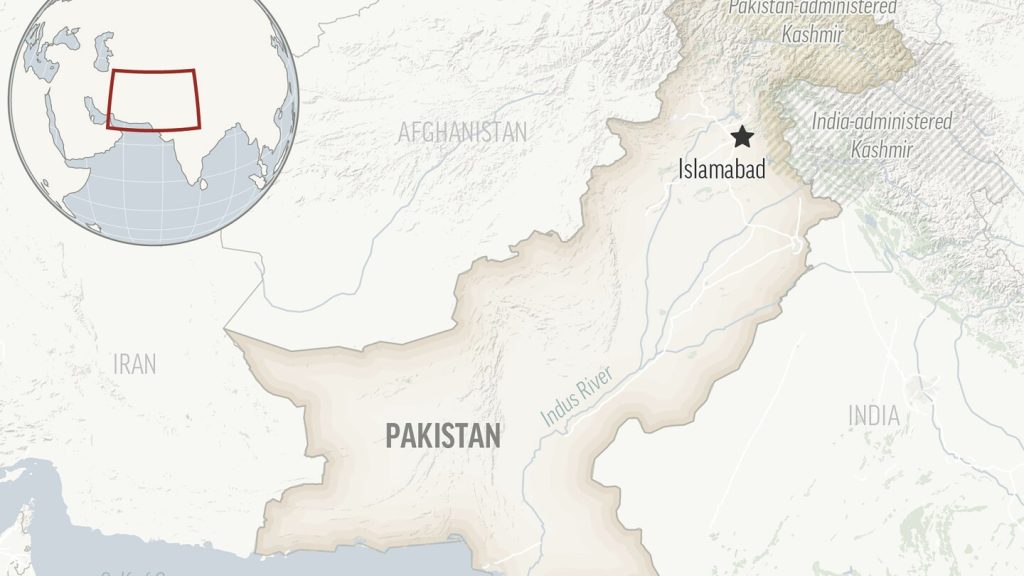In a recent attack in the northwest province of Khyber Pakhtunkhwa in Pakistan, militants detonated a bomb at a girls’ school in the town of Shawa, severely damaging the building. Fortunately, no one was injured in the overnight attack. The targeted school, Aafia Islamic Girls Model School, has 150 students and is the only girls’ school in the area. This despicable act has been condemned by UNICEF as it puts the future of many young and talented girls at risk. The police suspect Islamic militants, particularly the Pakistani Taliban, who have a history of targeting girls’ schools in the region.
UNICEF representative in Pakistan, Abdullah Fadil, called the destruction of the girls’ school a heinous crime that hinders national progress. He mentioned Prime Minister Shehbaz Sharif’s commitment to addressing the issue of out-of-school children in the country. Pakistan has previously experienced attacks on girls’ schools, notably in the Swat Valley and other regions controlled by the Pakistani Taliban. The attack on Malala Yousafzai, a renowned advocate for girls’ education, in 2012 brought international attention to the issue.
The Pakistani Taliban, also known as Tehreek-e-Taliban Pakistan or TTP, have been expelled from various regions, including Swat, in recent years. Despite this, the group remains a close ally of the Afghan Taliban, who took over Afghanistan in 2021. The rise of the Afghan Taliban has empowered the Pakistani Taliban, leading to increased security concerns in the region. In a show of regional cooperation, the U.S. Central Command chief, Gen. Erik Kurilla, visited Pakistan for discussions with the country’s army chief, Gen. Asim Munir, focused on regional security matters and counterterrorism operations along the Afghan border.
Both Pakistani and U.S. forces are working together to bring peace and stability to the region, with Kurilla praising the Pakistan Army’s capabilities and professionalism. The visit aimed to strengthen cooperation between the two countries in combating terrorism and ensuring regional security. The situation in the border areas remains delicate, with ongoing threats from militant groups operating in the region. The attack on the girls’ school serves as a reminder of the challenges faced in ensuring education for all and maintaining peace in volatile areas. The international community, including organizations like UNICEF, continue to support efforts to protect the rights of girls and promote education in conflict-affected regions.















